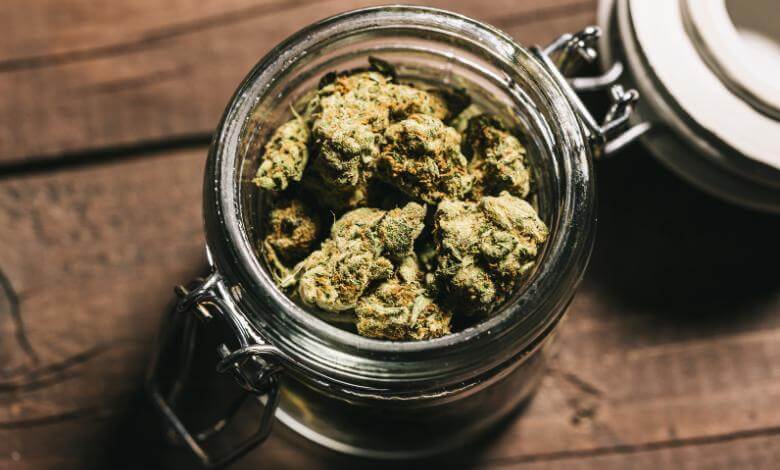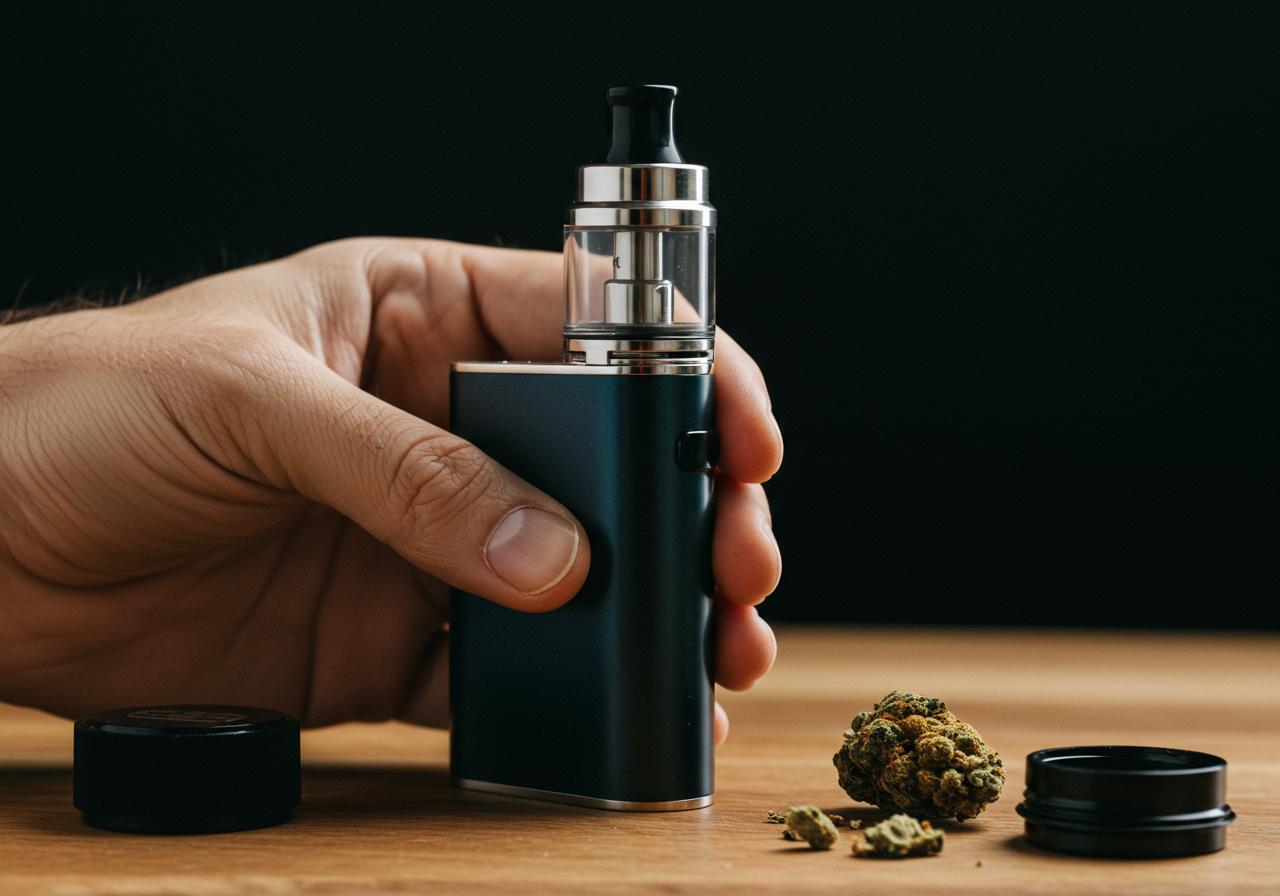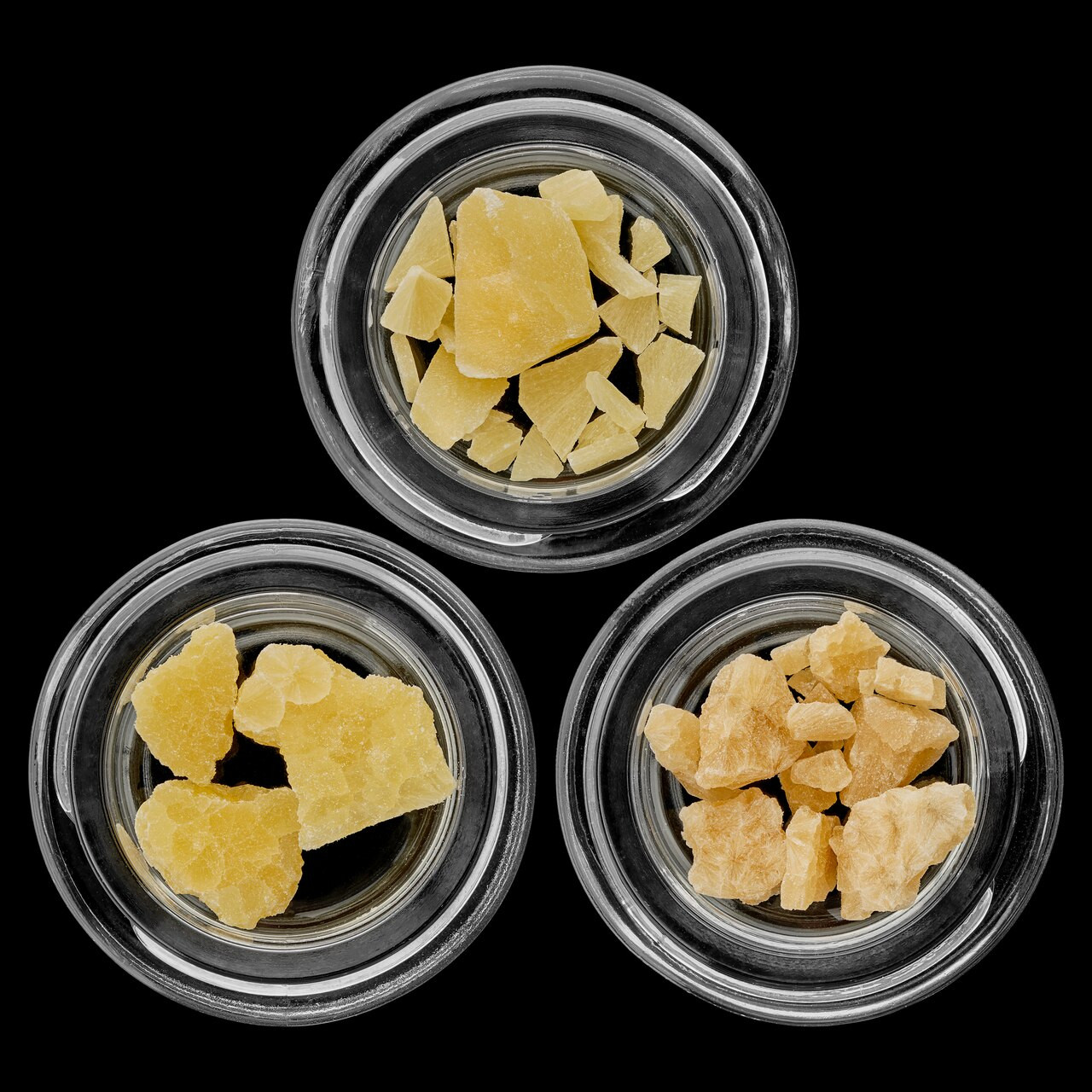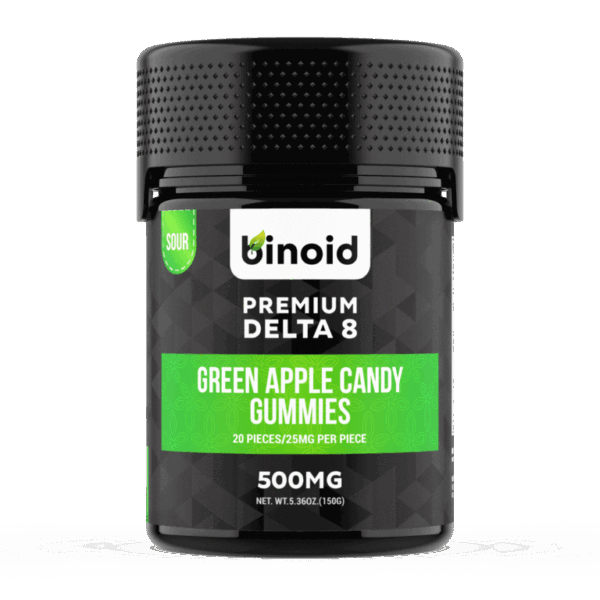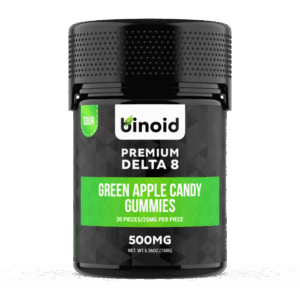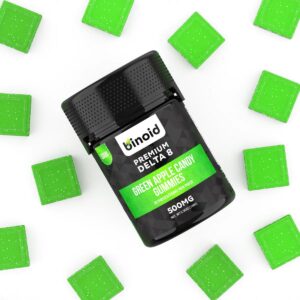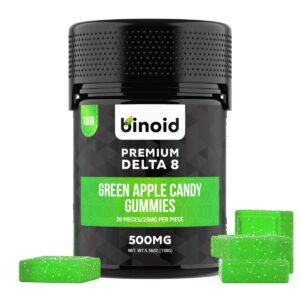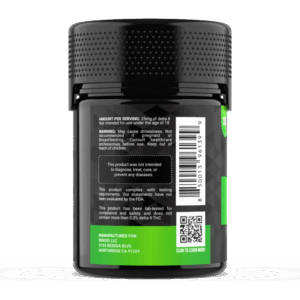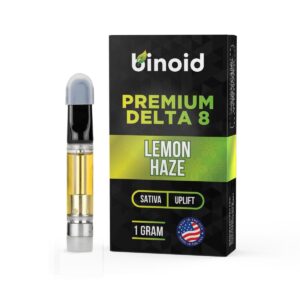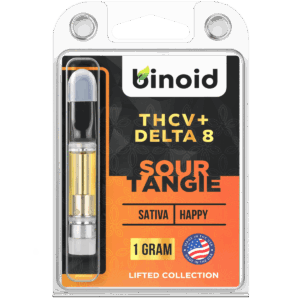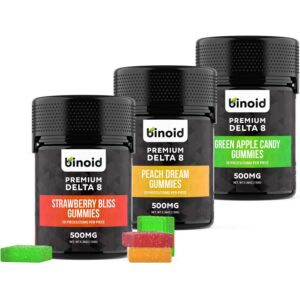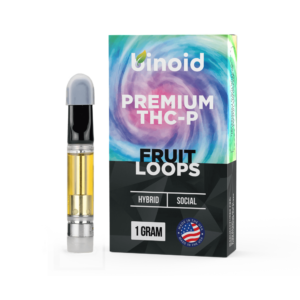Free Discreet Shipping Above $49
33% OFF!
Binoid Delta 8 THC Gummies – Green Apple Candy
Original price was: $44.99.$29.99Current price is: $29.99.
Buy 2 & Save 15%, or 3+ & Save 20%
Mix and match from the same brand. Discount applies in cart.
Lab Tested
Federally Legal
Made in U.S.A.
- Product: Binoid Delta 8 THC Gummies Green Apple Candy
- Delivery Method: Edible gummies for a smoke-free, odorless alternative
- Flavor: Tantalizing Green Apple Candy
- Potency: Precise dose of Delta 8 THC in each gummy
- Effects: Potential for euphoria, discomfort relief, enhanced creativity, and improved sleep
- Serving Size: One gummy for controlled intake
- Usage: Convenient and discreet for on-the-go use
- Onset: May have a slower onset compared to inhalation methods
This product does not ship to AK, CA, CO, ID, MN, OR.
Product Details
See the COAs
Disclaimer: This information is provided for general knowledge only and is not a substitute for medical advice, diagnosis, or treatment. Use this product responsibly and only in accordance with all applicable state and federal laws. All smoking equipment is intended for use with tobacco or other legal smoking substances only. Hemp-derived and cannabinoid products should not be used if you are pregnant, nursing, have a medical condition, or are taking any medications without first consulting a qualified healthcare professional. Do not drive or operate heavy machinery while using hemp-derived products. The user assumes all risks associated with the use of this product.
